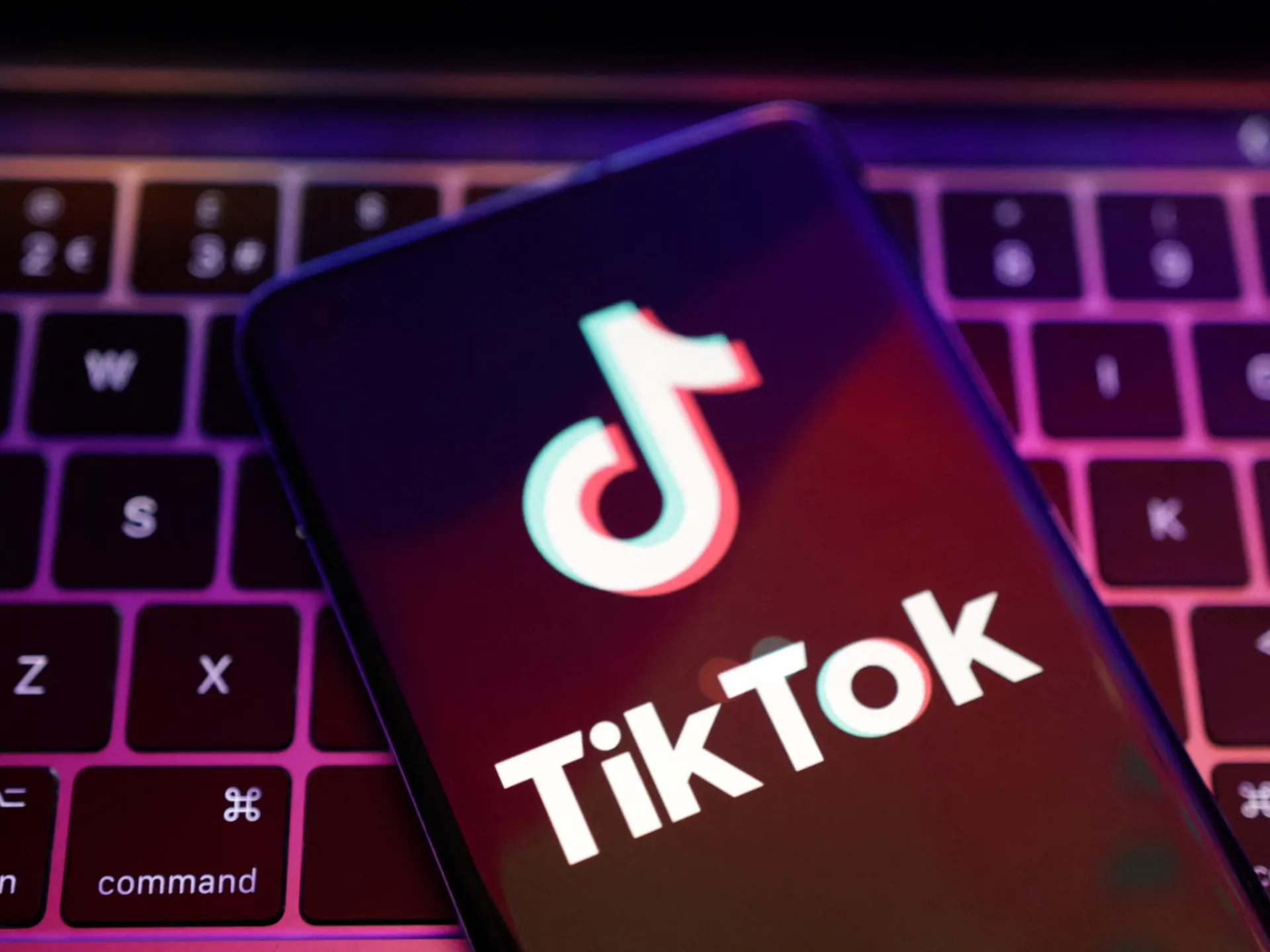Universal Music Group (UMG), one of the world’s largest music companies, has announced its decision to stop licensing content to the massively popular short-form video app, TikTok. The rift between the two giants revolves around failed negotiations over a new deal, with issues ranging from artist compensation to concerns about the impact of artificial intelligence (AI) on the music industry.

Universal Music Group’s existing agreement with TikTok is set to expire on January 31, and despite efforts to reach common ground, the companies have been unable to agree on new terms. Notable artists under UMG, including Taylor Swift, Bad Bunny, and Drake, could soon see their music disappear from the platform.
The root of the dispute lies in Universal Music Group’s insistence on fair compensation for artists and songwriters. TikTok allegedly proposed paying a fraction of the rate offered by other major social platforms, a move that UMG deems unfair given TikTok’s massive user base and advertising revenue. The music label claims that TikTok contributes only about 1% to its total revenue.
Moreover, UMG has expressed concerns about TikTok’s handling of AI-generated content and its potential impact on human artists. The platform’s flood of AI-generated recordings raises questions about the future of royalties and artist replacement by AI, according to Universal Music Group’s open letter to the artist and songwriter community.
TikTok, in response, has accused Universal Music Group of prioritizing greed over the interests of artists and songwriters. The social media giant emphasizes its role as a promotional and discovery vehicle for talent, with well over a billion users.
The clash has escalated to the point where UMG accuses TikTok of attempting to bully them into an unfavorable deal, even selectively removing the music of developing artists during negotiations. TikTok denies these allegations and maintains that UMG’s actions are not in the best interest of the creative community.
As the expiration date of the current agreement approaches, the music industry watches closely to see if UMG and TikTok can overcome their differences or if this marks a significant shift in how major labels engage with digital platforms. The potential removal of Universal Music Group’s extensive catalog from TikTok raises questions about the future of music licensing in the evolving landscape of online platforms.